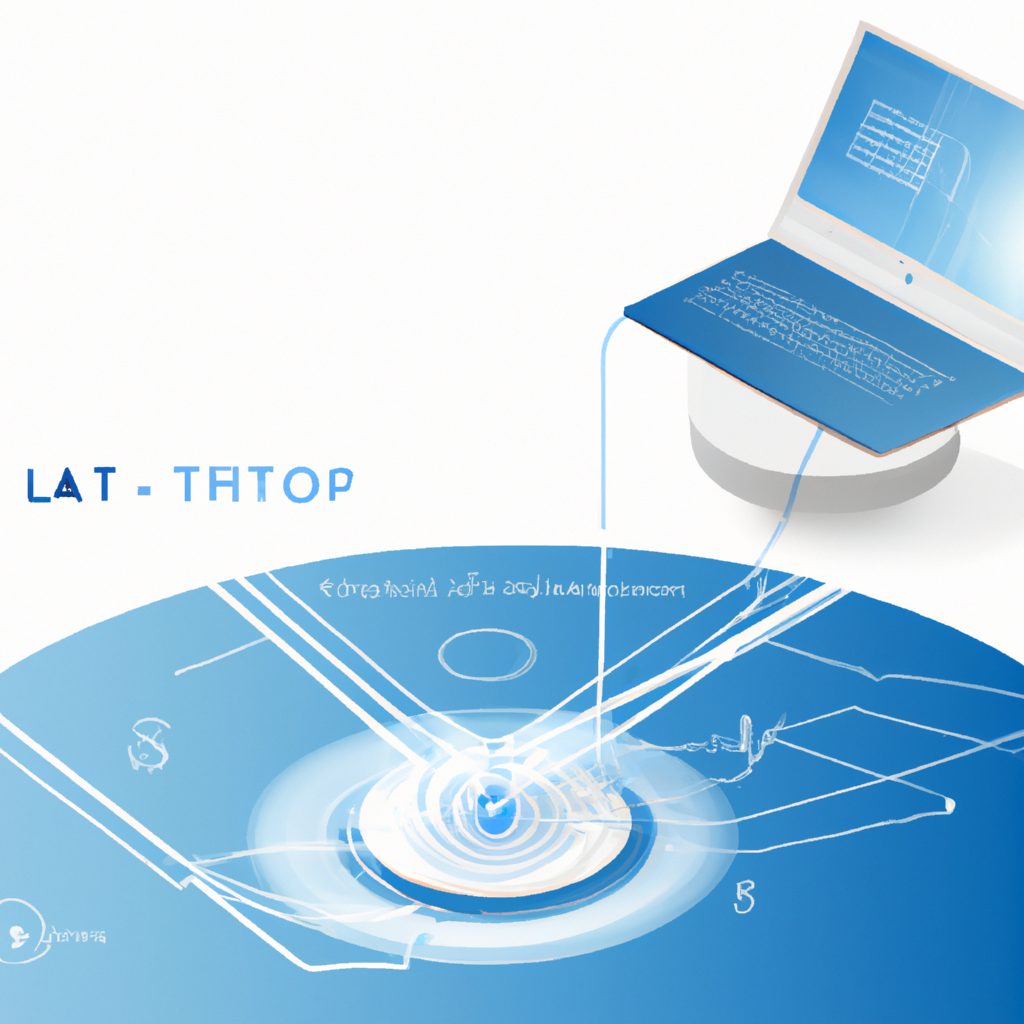How to Launch Your Career in Information Technology: A Comprehensive Guide
In today’s rapidly evolving digital landscape, the Information Technology (IT) sector is thriving, offering a myriad of career opportunities for individuals who have a knack for technology and a passion for problem-solving. With businesses increasingly depending on technology to operate efficiently, the demand for skilled IT professionals is soaring across various domains, from software development and network management to cybersecurity and data analytics. Embarking on a career in IT is not just enticing due to the lucrative job prospects it offers; it also places you at the forefront of technological innovation. Importantly, a career in IT isn’t solely reserved for highly technical individuals; it encompasses a broad spectrum of roles requiring various skills and competencies. Thus, this guide aims to illuminate pathways for those eager to enter the IT field, highlighting essential skills, certifications, and the types of jobs available for newcomers. Armed with the right knowledge and tools, aspiring IT professionals can embark confidently on a rewarding journey in this dynamic industry.
Beginner’s Guide to IT Careers
For those contemplating a career in IT, it is crucial to develop a well-rounded understanding of the field. Renowned platforms like LinkedIn Learning and TechRepublic provide comprehensive beginner’s guides that explore various pathways into the IT industry. These resources break down the myriad roles available in the field. Within IT, there exists a diverse array of roles, including— but not limited to—software development, where professionals create applications and systems, cybersecurity, which focuses on safeguarding systems from cyber threats, and network administration, where individuals manage and maintain network infrastructures. Each of these roles has its own set of skills and knowledge requirements, highlighting the need for prospective IT professionals to conduct self-assessments regarding their personal interests and strengths.
In addition to technical skills, soft skills are instrumental for success in the IT sector. Skills such as communication, teamwork, and problem-solving are vital for effective collaboration and project execution. Employers prioritize candidates who can convey complex technical information to non-technical stakeholders, indicating the importance of strong interpersonal skills. Thus, beginners are encouraged to enhance their technical competencies while simultaneously developing soft skills through activities like group projects and volunteer opportunities. Merging these skills will equip applicants to meet employer expectations and differentiate themselves in a competitive job market.
How to Get Started in Information Technology
Transitioning into the IT field may appear daunting, but a structured approach can simplify this journey, making it both manageable and attainable. Experts in the industry recommend starting with foundational knowledge that is crucial for any IT role. Websites such as Indeed and Coursera suggest that beginners should acquire a basic understanding of computer fundamentals, encompassing how hardware and software interact and familiarity with internet functionalities.
As aspiring IT professionals solidify their foundational skills, enrolling in introductory courses becomes paramount. These courses typically focus on operating systems, programming languages such as HTML and Python, and networking basics, and can be found via various online platforms and community colleges. Moreover, participating in workshops and conferences centered on technology can offer valuable insights and expand networking opportunities. Engaging in informational interviews with experienced professionals in the field also allows newcomers to gain real-world perspectives and guidance on career pathways. By taking these proactive steps, aspiring IT workers can better grasp the industry landscape and pinpoint areas of interest that align with their passions and skill sets.
IT Skills for Entry-Level Jobs
To boost employability as a newcomer in the IT field, it is vital to have a clear understanding of the necessary skills for entry-level positions. Various resources, including the CompTIA blog and Upwork underline that essential skills for novice IT professionals encompass proficiency in operating systems such as Windows and Linux, a fundamental understanding of programming—especially in languages such as Python and Java—and basic networking concepts. Additionally, familiarity with cloud computing services like Amazon Web Services (AWS) and Microsoft Azure is increasingly sought after as businesses transition to cloud-based solutions. Furthermore, strong troubleshooting skills and an understanding of cybersecurity principles have become paramount, as ensuring data protection remains a top priority for organizations.
Obtaining certifications can significantly strengthen a resume while providing structured learning opportunities. Numerous industry organizations advocate pursuing foundational certifications that validate relevant skills. Recognized certifications—such as CompTIA A+, CompTIA Network+, and Microsoft Certified: Azure Fundamentals—are often recommended for beginners. These credentials not only deepen your understanding of IT concepts but also carry weight in employers’ eyes, enhancing your chances of securing a job.
In summary, aspiring IT professionals should focus on constructing a foundational skillset through education, certifications, and hands-on experiences, as these elements collectively contribute to a successful entry into the industry.
As aspiring IT professionals delve into various career paths, some of the most accessible and promising positions for new graduates include roles like IT support specialists, junior software developers, and data analysts. Employment websites such as Glassdoor and Monster highlight numerous entry-level job opportunities, offering newcomers a tangible starting point for their careers. Furthermore, pursuing internships remains a widely recommended strategy; they provide hands-on experience that complements theoretical knowledge while expanding networks with industry professionals.
In conclusion, entering the vibrant world of IT necessitates a solid foundation of technical knowledge and pertinent certifications. Aspiring IT professionals should commit to continuous learning through courses, certifications, and hands-on experiences such as internships to enhance their employability. Transitioning into a tech career is an ongoing process that requires consistent upskilling, networking, and a proactive attitude. As technology advances, staying informed about emerging trends and honing your skills will elevate your career trajectory. The IT sector is ripe with opportunities for those willing to invest effort into their personal and professional growth, paving the way for innovative contributors to this exciting field.
